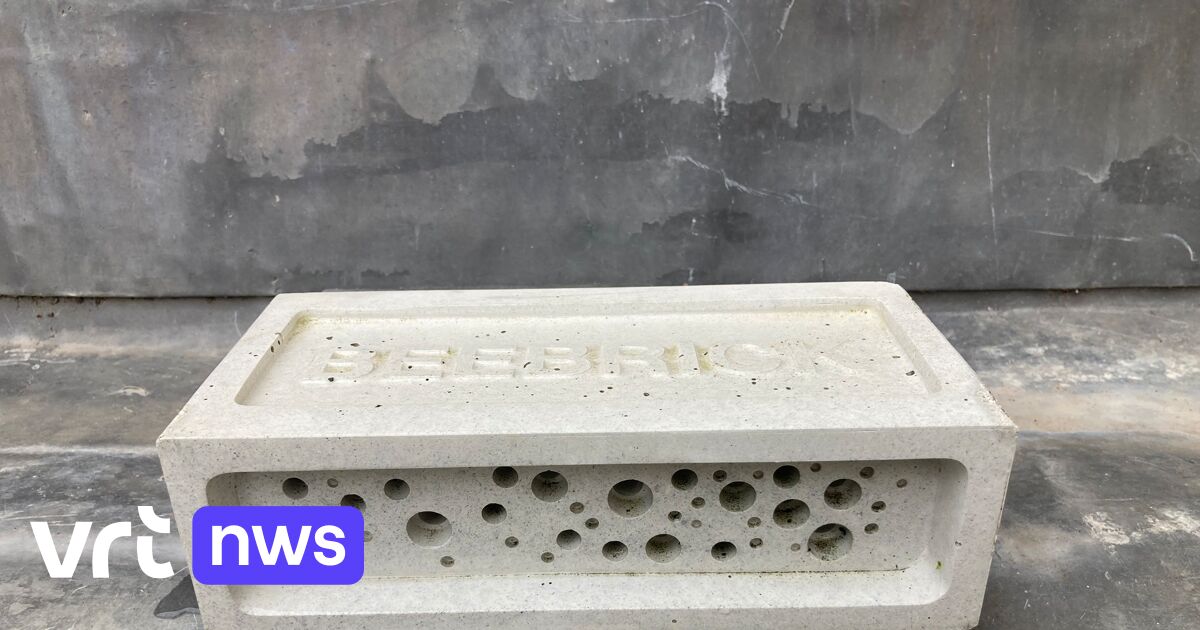There are about 270 species of bees in the UK, 250 of which are solitary bees that do not live in colonies, unlike honey bees. Most of these solitary bees make their nests in self-dug holes in the ground, other species lay their eggs in hollow reeds or elderberry stalks, in old beetle tunnels in dead wood, in cavities in stone walls or even in old snail shells.
Solitary bees feed on nectar and pollen, like honey bees, and they provide their eggs with a supply of pollen, which hatched larvae can eat. However, some solitary bees do not do this and become parasites of other species: they lay their eggs on the eggs of other bees, and their larvae then eat the other larvae.
Like all insects, the British bee is not doing well. Their numbers have declined sharply in recent decades, and since 1900, 13 species have become extinct. Dozens of other species are threatened with extinction.
The main cause of this decline is thought to be land use change, which causes bees to lose their habitat. Other causes include disease and parasites, especially mites, chemical pesticides, pollution and climate change.

“Coffee trailblazer. Analyst. General music geek. Bacon maven. Devoted organizer. Incurable internet ninja. Entrepreneur.”





/s3/static.nrc.nl/wp-content/uploads/2024/02/web-0302buigrensai.jpg)

